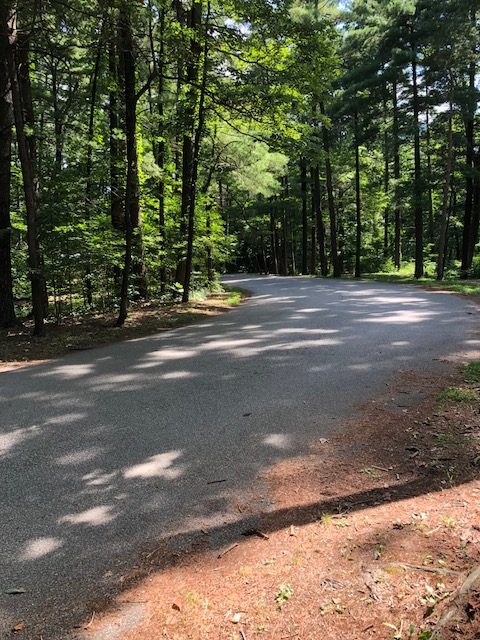by Donna Poole
“Ring the bells that still can ring,
forget your perfect offering.
There is a crack in everything.
That’s how the light gets in.” –Leonard Cohen
Memorial Day, July Fourth, Labor Day, I’m a sniffling, patriotic mess at our small-town parades, perhaps to the dismay of my family; though, I think they are used to me by now. From the children wobbling by on their decorated bikes, to the band—never in step though usually in tune, to the groups giving away water and tiny flags, everything makes me cry. And forget it when the VFW passes by proudly carrying our American flag. I stand with my hand over my heart, and tears run down my face. God bless America!
One long-ago parade holiday we were about ready to load the kids in the car to go to the parade when someone from church called my pastor husband and needed him to come for counseling.
“Please, hurry,” the person said.
John rushed out the door. “I’m sorry, honey,” he said. “Maybe you can get a ride to the parade with Kenneth and Mae.”
I hesitated. I hated to bother the Hales, our neighbors; though, I knew they’d say it was no bother. Johnnie was just a baby and didn’t know we’d planned to go to the parade, but Angie, his toddler sister knew. I looked at her face, her brown eyes begging. And I wanted to go too. I called Hales.
Kenneth and Mae were elderly, and two of the kindest people God ever made. They pulled up to our back door. I put Angie in their backseat first, told her to wrap both arms around her chunky brother until I could get in, loaded the old, impossibly heavy baby stroller in next, and climbed in last.
I took Johnnie from Angie and held him on my lap; baby seats weren’t required or the norm.
“Thanks so much!” I said to Hales.
“It will be more fun to watch the parade with little ones!” Mae replied.
Kenneth found a perfect parking spot; the parade would go right by us as it turned the corner. The street was full of children and many of them had helium balloons. Angie noticed.
“I’m sure they are giving those away a few blocks up the street by the speaker’s stand,” Mae said. “You could get her one.”
I hopped out of the car, told Angie to wrap both arms around her chunky brother, hauled out the impossibly heavy stroller, and struggled to unfold it. I put Johnnie in it. Angie got out, and we walked the few blocks. I could feel sweat running down my face and back. When we got there, the balloons were gone. I comforted Angie, and we began our walk back to the car.
Repeat. Open the back door. Help Angie in. Take Johnnie out of the stroller and tell Angie to wrap both arms around her chunky brother until I can get in. Fold the impossibly heavy stroller and heave it into the back seat. Climb in myself and take Johnnie.
That’s when the elderly woman from the front seat spoke. “Honey, I do believe you’re in the wrong car.”
Was it worth it all when the band straggled by, out of step but not out of tune, and the VFW walked by carrying our American flag, and I stood with my hand over my heart and tears running down my face? Oh, it was!
It wasn’t a perfect day, and we don’t have a perfect country, but freedom is still ours, if we don’t let it slip through our fingers. No, it’s not a perfect freedom; there has never been such a thing.
Oh wait; there is one perfect freedom offered by God to each of us. Jesus died on the cross to give us freedom from the penalty and power of sin. If we confess our sin and need of saving; He gives us that perfect freedom, and “If the Son therefore shall make you free, you shall be free indeed.” –John 8:36
Free to enjoy eternal life!
I can’t remember if John was home yet when Kenneth and Mae dropped me off at the back door; I don’t think he was. Angie didn’t get her red balloon. I needed a shower. Johnnie needed to chill.
Our country may need a shower, more red balloons, and a time to chill. We all see what’s broken in America, but today, let’s celebrate what we have. I’m not always proud of America, but I’m proud to be an American. God, bless the USA! We don’t deserve it, but please, for the sake of your praying, repenting, hoping people, do it anyway.
“Ring the bells that still can ring,
forget your perfect offering.
There is a crack in everything.
That’s how the light gets in.” –Leonard Cohen














